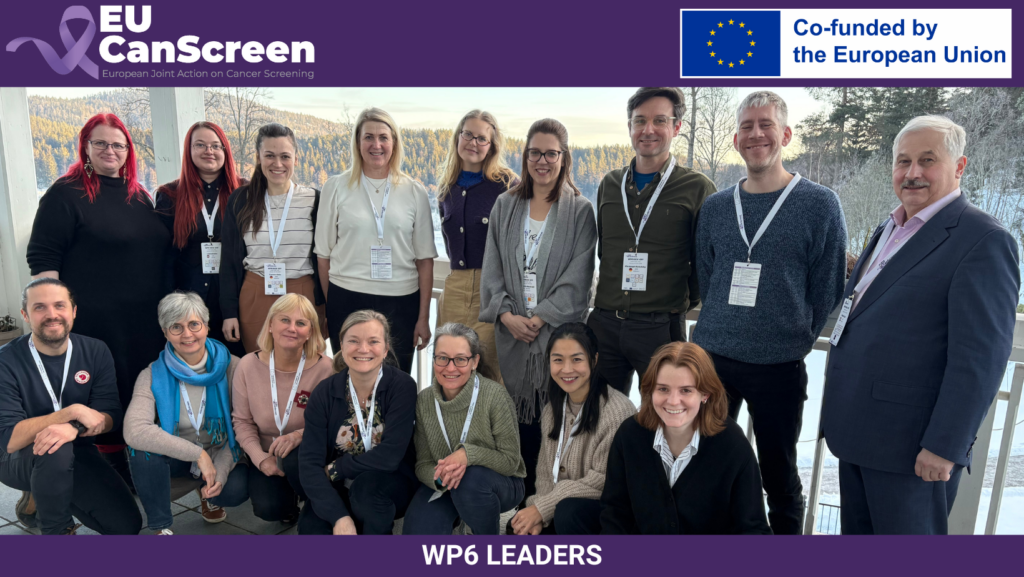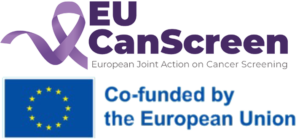JULY 2025
Project Updates
Improving Cancer Screening for People with Intellectual Disabilities
People with intellectual disabilities (ID) face significant barriers in accessing organised cancer screening across Europe. Task 6.5 of EUCanScreen addresses this inequity by identifying data gaps, reviewing existing evidence, and highlighting best practices to improve participation.
“This work is critical” says Ameli Trope, Director of the Cervical Cancer Screening Programme in Norway. “People with intellectual disabilities have historically been left out of screening programmes. EUCanScreen’s efforts to identify and remove these barriers are a necessary step towards more inclusive public health.”
Understanding the Challenge
An estimated 1 to 3 per cent of the European population, up to 22.5 million people, live with intellectual disabilities. Despite this, participation in breast, cervical and colorectal cancer screening remains low. A scoping review led by researchers from German Cancer Society, identified 77 studies reporting key barriers of 77 studies identified key barriers. These include inaccessible information, low health literacy, fear, previous negative experiences, and a lack of training among healthcare providers. Facilitators include trusted support persons, flexible appointments, and inclusive communication strategies.
Evidence on HPV Self-Sampling
In collaboration with Belgian partners Patrick Martens and Eliane Kellen from Belgian Centre of Cancer Prevention, Task 6.5 conducted a targeted literature review on HPV self-sampling for women with mild to moderate intellectual disabilities. No studies were found that directly compare self-sampling with physician-taken samples in this population. However, existing evidence suggests that self-sampling is effective and acceptable, especially when clear instructions and caregiver involvement are ensured. Experiences from the United Kingdom and Denmark indicate promising results.
“Exploring HPV self-sampling is particularly important” says Ameli Trope. “For many women with intellectual disabilities, a traditional screening exam can be a barrier. Self-sampling offers a more accessible and empowering alternative, provided it is introduced in the right way.”
Building a European Consensus
At a May 2025 expert meeting in Turin, Task 6.5 partners issued the Turin Memorandum. This was a joint call to action to improve cancer screening for people with intellectual disabilities. It urges national stakeholders to collect data, implement inclusive practices, and ensure that no one is left behind in the effort to prevent cancer.
Next Steps
Task 6.5 consists of four subtasks. Their findings will be brought together in a set of best practices and future recommendations for European screening programmes. This effort is already generating awareness and engagement across multiple countries and stakeholder groups.
“This is not just a research project. It is a step towards dignity and equal access to healthcare” says Ameli Trope.
For more information, including access to reports or ways to get involved, please contact Task Leader Christoph Kowalski (German Cancer Society).
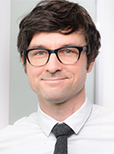
Christoph Kowalski
German Cancer Society
Task Leader, WP6
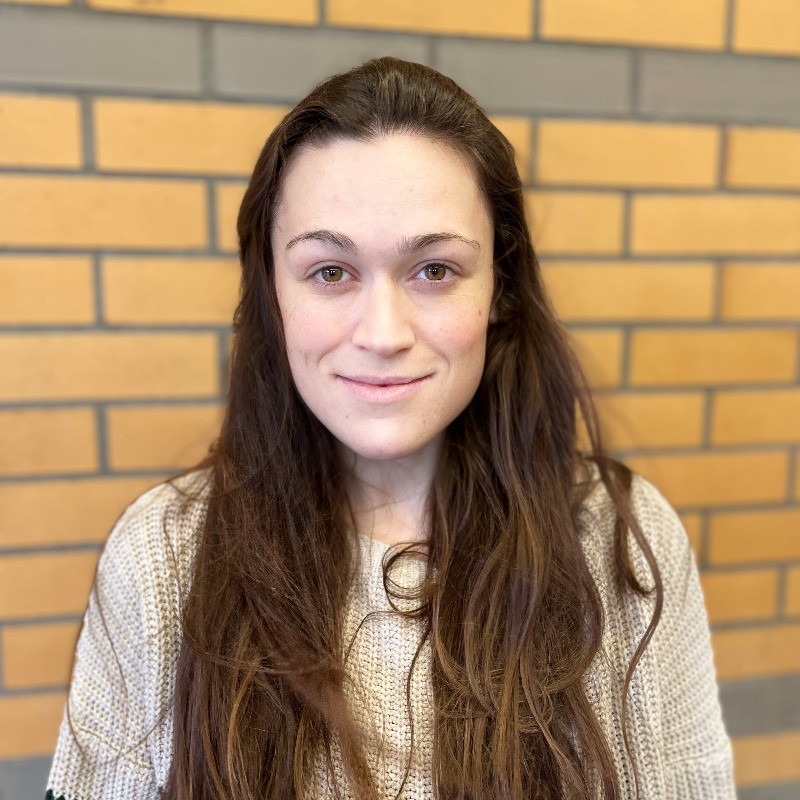
Carmen Koko
German Cancer Society
WP6 Co-lead
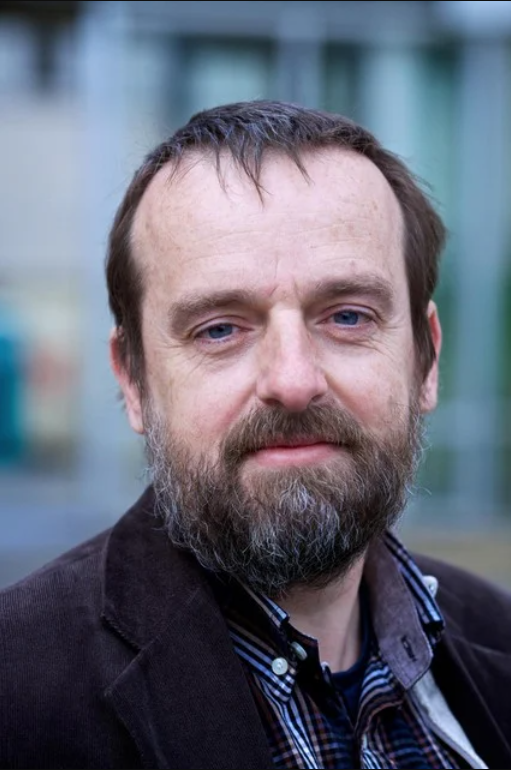
Patrick Martens
Belgian Centre for Cancer Prevention
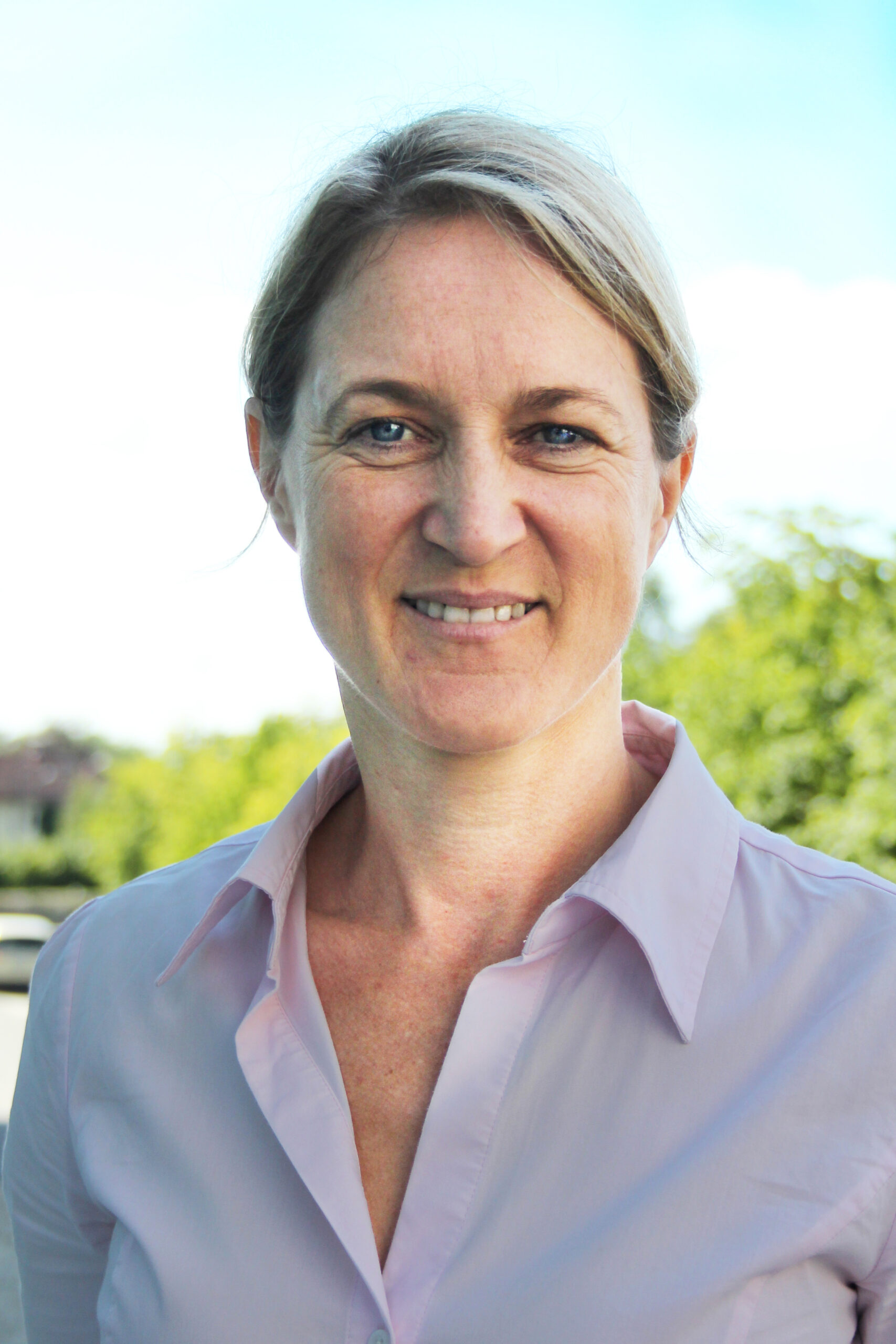
Ameli Tropé
Cancer Registry of Norway
Director, Cervical Screening
📄 The Turin Memorandum
During the May 2025 expert meeting in Turin, Work Package 6 partners issued the Turin Memorandum, calling for more inclusive cancer screening across Europe for people with intellectual disabilities. The Memorandum highlights the fundamental rights of People with Intellectual Disabilities and stresses the need for:
- Developing cancer screening programs tailored for people with intellectual disabilities.
- Systematic collection and monitoring of participation data.
- Providing accessible communication and healthcare services.
Subscribe to our newsletter to get news and updates.
Subscribe to our newsletter to get news and updates.

The general objective of EUCanScreen is to assure sustainable implementation of high-quality screening for breast, cervical and colorectal cancers, as well as implementation of the recently recommended screening programs – for lung, prostate and gastric cancers. EUCanScreen will facilitate the reduction of cancer burden and achieving equity across the EU.
This project has received funding from the European Union’s EU4HEALTH Programme under the Grant Agreement no 101162959

